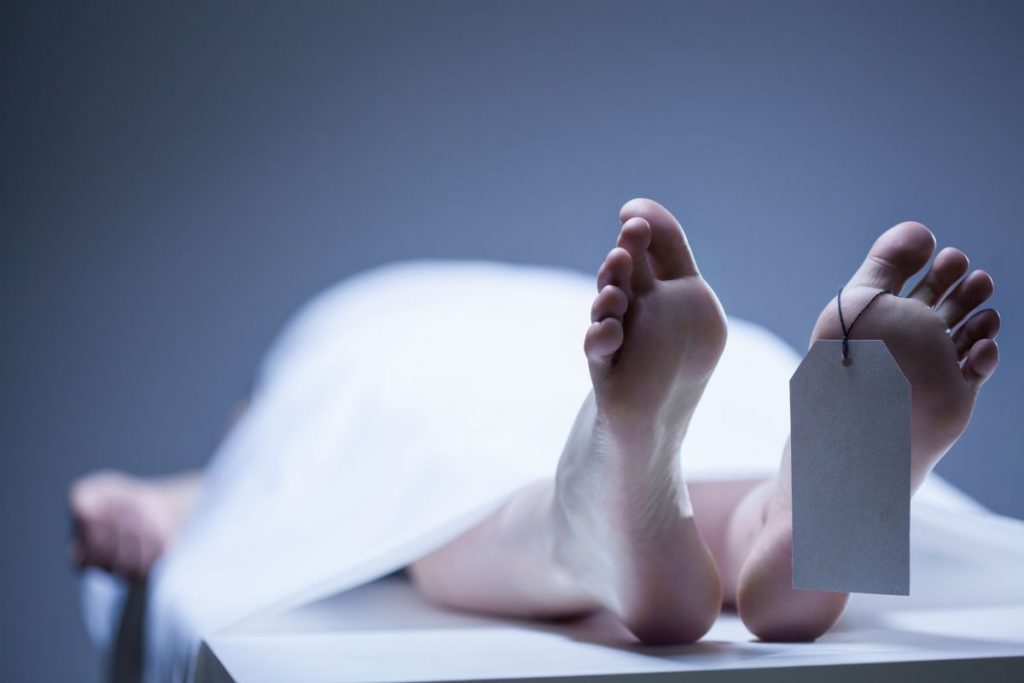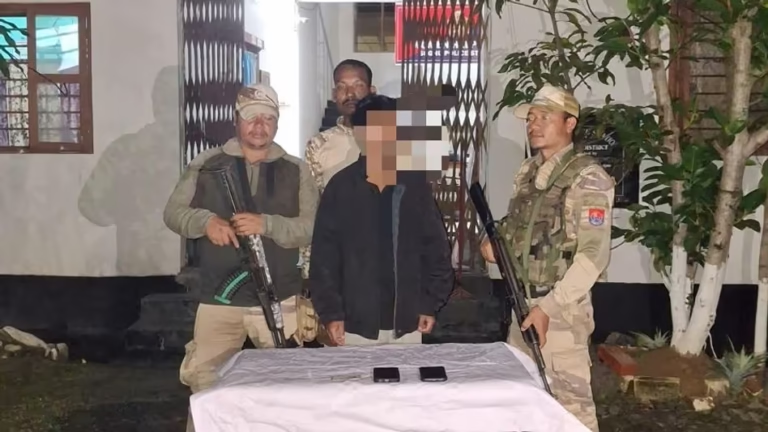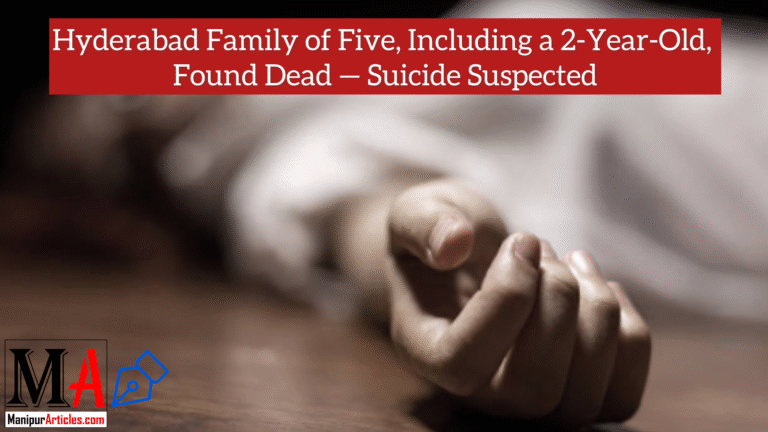24-Year-Old Nurse Found Dead In Bengal Nursing Home, Family Alleges Sexual Assault, Murder
Short summary
A 24-year-old nurse was found dead inside a nursing home in Singur (Hooghly district), West Bengal — her body discovered hanging from the ceiling of a third-floor room. Her family has alleged she was sexually assaulted and murdered after exposing irregularities at the facility; the nursing-home management says she died by suicide and police say they are investigating and awaiting the autopsy report. The discovery has sparked protests and political demonstrations in the area as local leaders demand a speedy, transparent probe.
The basic facts: what we know so far
On Thursday, staff or other residents at a private nursing home in Singur — a township in Hooghly district of West Bengal — found the body of a young nurse hanging from the ceiling of a room on the facility’s third floor. The woman, reported to be 24 years old and a resident of Nandigram (Purba Medinipur), had joined the nursing home just days earlier, according to family statements and local reporting. Police have taken possession of the scene and said they are carrying out an investigation; authorities are reportedly waiting for a post-mortem/autopsy report before deciding further action.
Those are the bones of the story — the rest is a fast-escalating conflict of narratives: the grieving family’s version, the management’s account, vocal political reactions on the streets, and the official, ongoing forensic process. Each side shapes how the public sees this case, which is why an impartial, methodical investigation is absolutely critical.
Family alleges sexual assault and murder — the claim and its consequences
The deceased nurse’s family has gone public with a serious allegation: they say she was sexually assaulted and murdered after she uncovered irregularities at the nursing home. That’s an explosive claim for several reasons. First, it suggests a possible motive (silencing a whistleblower). Second, it transforms what might otherwise be viewed as a tragic single-person death into a potential criminal conspiracy that implicates institutional malpractice. Third, allegations of sexual violence raise immediate questions about victim protection, institutional culture, and criminal accountability.
Allegations like this, when voiced by next-of-kin, are understandably emotive — families want answers fast, and they read any sign of delay as a cover-up. That emotion drives protests, media attention, and pressure on investigators. But allegations are not facts until corroborated by forensic evidence, witness testimony, digital data (CCTV, phone records) and a transparent chain of legal custody. That’s what a credible probe must produce.
Five unique FAQs
Q1: Was the nurse’s death officially declared a suicide or murder?
A1: As of the latest reports, police are investigating and awaiting the autopsy report. The nursing-home management has stated it was a suicide, while the family alleges sexual assault and murder. The forensic findings will be decisive.
Q2: What forensic tests matter most in this case?
A2: Key tests include autopsy for injury patterns, toxicology, DNA/semen analysis if sexual assault is alleged, fingerprint/DNA under fingernails, and comparison of ligature marks. CCTV and phone records are also crucial for reconstructing timelines.
Q3: What legal action can the family take if the probe stalls?
A3: The family can petition the police for progress reports, seek higher-level police intervention (state CID), approach the magistrate for judicial oversight, or move the court for a direction to transfer the probe or for a judicial inquiry if there’s credible evidence of a cover-up.
Q4: Will the nursing home be shut down during the probe?
A4: Authorities may choose to suspend operations temporarily if there is evidence of immediate danger, regulatory violations, or if the premises are needed to preserve evidence. That decision depends on the regulatory health department and judicial directions.
Q5: How can hospitals and nursing homes prevent such incidents?
A5: Preventive steps include robust staff background checks, anonymous grievance channels, CCTV in common and external areas (balanced with privacy law), harassment-response protocols, staff safety training, and regular regulatory audits. Strengthening whistleblower protections is essential to protect staff who report irregularities.
Primary reporting referenced: NDTV; Times of India; India Today; Hindustan Times; Daijiworld.




